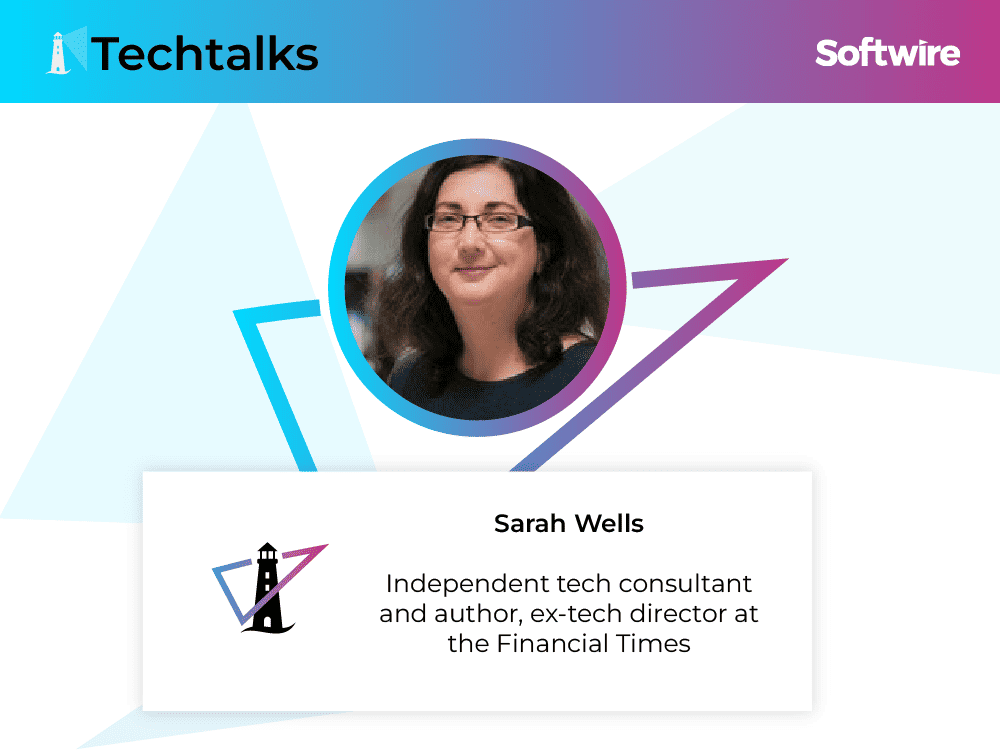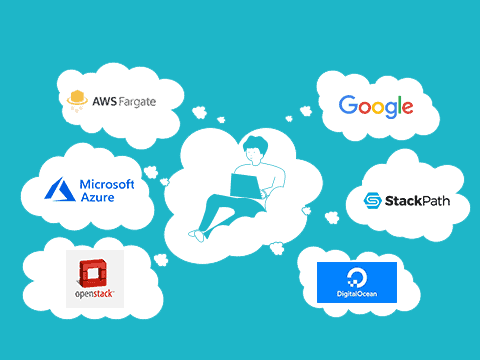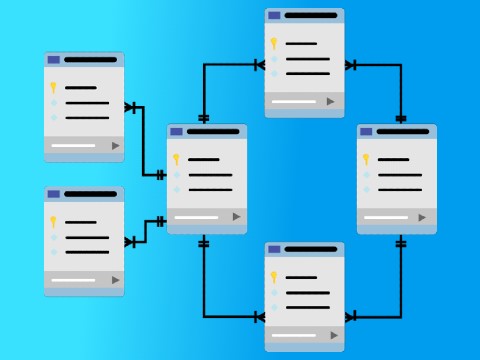
Overcoming your cloud optimisation challenges by embracing cloud-native
I hear this question a lot and it’s certainly true that cloud computing has been around for many years. The idea of network-based computing goes back as far as the 1960s, but cloud in its modern context was first introduced in 2006, by then Google CEO, Eric Schmidt. And yes, it’s also true that since then many large global organisations quickly embarked on their cloud journeys and have already migrated to the cloud. Others are still on that journey. But the reason we’re still talking about cloud today is that as it matures and evolves, its possibilities have become more and more exciting. To fully optimise your organisation and get the most out of cloud, you now need to embrace cloud-native.
What do we mean by cloud-native?
Everyone has their own twist on what cloud-native means, but the Cloud Native Computing Foundation gives an official definition of the term:
These techniques enable loosely coupled systems that are resilient, manageable, and observable. Combined with robust automation, they allow engineers to make high-impact changes frequently and predictably with minimal toil.”
What this means is layman’s terms is, now that we really understand how the cloud works, and its possibilities, we can develop applications specifically for the cloud environment. Whereas before we were taking everything we already had and adapting it for the cloud. Cloud-native is much more about how applications are created and deployed, rather than where they are built.
Why should businesses embrace cloud-native?
Despite cloud being around for as long as it has, many organisations are still struggling to fully realise the benefits of moving to cloud (around a third according to Unisys research). Common problems include increasing complexity in application portfolios and struggling to harness and utilise the additional data from the cloud.
The cloud is constantly evolving, and cloud-native allows you to take advantage of all the advancements in cloud technology which have developed over time. This helps to reduce complexity in application portfolios as you can use the new tools, which have been developed specifically for the cloud, rather than constantly trying to adapt things to fit the cloud environment. It also improves the ability to use data more effectively as you can now build, refine and enrich your data using the latest cloud-native tools and techniques, to extract insights which support better business decision making.
Key benefits of cloud-native
These are just some of the additional key benefits you can expect from embracing a cloud-native approach:
- Speed: Increase development speed by using container-based platforms, microservices and APIs, reducing the time it takes to deliver new products and services
- Scalability: Enables scalable development without impacting the whole application
- Flexibility: Allows you to run applications on both public and private platforms
- Reusability: Allows developers to easily access and reuse existing components, freeing up their time for more bespoke development
Cloud-native is all about optimising and improving your cloud environment and harnessing its full potential.
The cloud is constantly developing and evolving, which is why you can really benefit from working with cloud experts. Our clients are finding that they benefit from more specialist help (not less) to fully embrace the possibilities of all the new tools and techniques as cloud matures.
To speak to one of our cloud experts about how to embrace cloud-native, contact us on [email protected]



